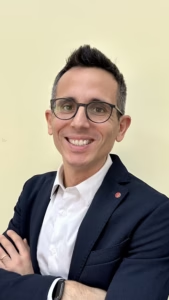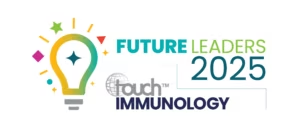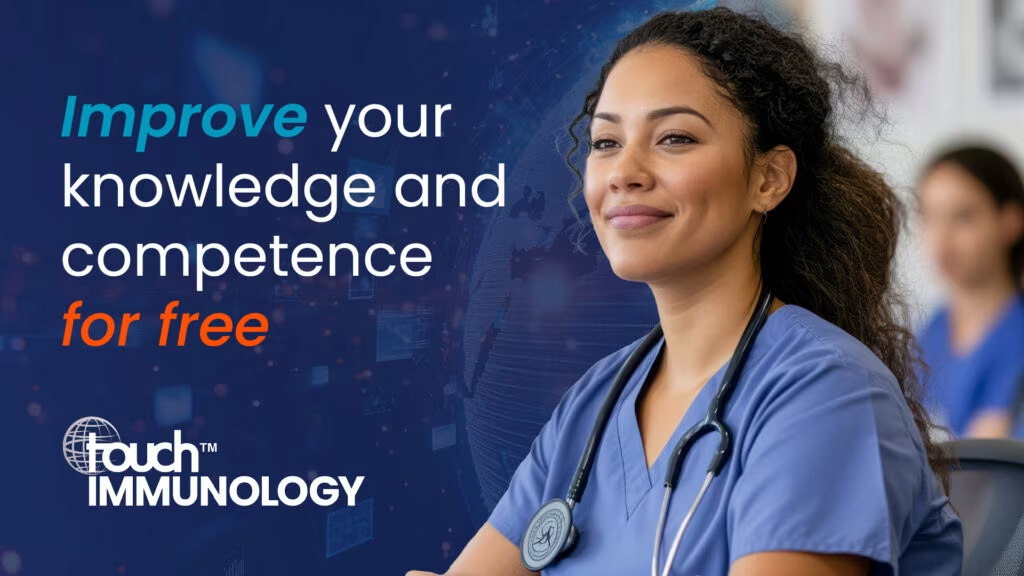Dr Salvatore Oliva , is an Associate Professor of Paediatrics at Sapienza University of Rome and a consultant paediatric gastroenterologist at Umberto I University Hospital. He completed his paediatric residency and PhD at Sapienza University, where he trained in clinical care and research with a focus on gastrointestinal diseases in children. His clinical and research expertise lies in paediatric gastroenterology, with a focus on inflammatory bowel disease (IBD), gastrointestinal endoscopy, and eosinophil-associated gastrointestinal disorders. A leading figure in translational research on paediatric IBD and a pioneer in pan-enteric capsule endoscopy for Crohn’s disease, Dr Oliva is actively involved in several European collaborative initiatives. He holds key roles within the European Society of Paediatric Gastroenterology, Hepatology, and Nutrition (ESPGHAN) and serves on the Steering Committee of the European Society for Eosinophilic Oesophagitis (EoE).
, is an Associate Professor of Paediatrics at Sapienza University of Rome and a consultant paediatric gastroenterologist at Umberto I University Hospital. He completed his paediatric residency and PhD at Sapienza University, where he trained in clinical care and research with a focus on gastrointestinal diseases in children. His clinical and research expertise lies in paediatric gastroenterology, with a focus on inflammatory bowel disease (IBD), gastrointestinal endoscopy, and eosinophil-associated gastrointestinal disorders. A leading figure in translational research on paediatric IBD and a pioneer in pan-enteric capsule endoscopy for Crohn’s disease, Dr Oliva is actively involved in several European collaborative initiatives. He holds key roles within the European Society of Paediatric Gastroenterology, Hepatology, and Nutrition (ESPGHAN) and serves on the Steering Committee of the European Society for Eosinophilic Oesophagitis (EoE).
In this Future Leaders interview, Dr Oliva reflects on his journey into paediatric gastroenterology, highlighting his passion for multidisciplinary care, pride in leading collaborative European research initiatives, the challenges of balancing clinical and research demands, and his belief in the transformative potential of emerging technologies. He also offers advice to aspiring specialists to stay curious, seek mentorship, and embrace innovation.
Q. What inspired you to specialise in paediatric gastroenterology, and how has that influenced your approach to both clinical care and research?
I was initially drawn to paediatric infectious diseases, but during my early training, I became fascinated by the complexity and multidisciplinary nature of paediatric gastroenterology. The ability to integrate endoscopy, immunology, and nutrition in managing chronic diseases convinced me to pursue this path. It has shaped my approach to care, always combining scientific precision with long-term, child-centred continuity.
Q. What personal achievement in your research or clinical practice are you most proud of, and how has it shaped your career?
I’m particularly proud of leading the European Paediatric EoE Registry (pEEr) and the ESPGHAN Paediatric Eosinophilic Gastrointestinal Disorders (EGIDs) biobank. These initiatives have fostered collaboration across Europe and are driving standardization in care and translational research. They’ve reinforced my commitment to building networks that benefit both science and patients.
Q. What are some of the biggest challenges you face in paediatric gastroenterology research, and how do you see the field evolving over the next few years?
One key challenge is balancing rigorous clinical care with time-intensive research, especially in rare diseases like EGIDs. However, emerging tools, such as AI, non-invasive diagnostics, and biologics, will transform our ability to predict, prevent, and personalize care. The field is evolving rapidly toward precision paediatrics.
Q. What advice would you give to early-career doctors who are interested in pursuing a career in paediatric gastroenterology?
Stay curious, seek mentorship, and don’t be afraid to go beyond your comfort zone; whether in clinical procedures, research, or international collaboration. This is a field where passion and persistence can make a real difference in children’s lives and in the future of medicine.
Further content in paediatric gastroenterology.
Editor: Victoria Jones, Senior Content Editor.
Disclosures: This short article was prepared by touchIMMUNOLOGY in collaboration with Salvatore Oliva. touchIMMUNOLOGY utilize AI as an editorial tool (ChatGPT (GPT-4o) [Large language model]. https://chat.openai.com/chat.) The content was developed and edited by human editors. No fees or funding were associated with its publication.
Cite: Salvatore Oliva. Advancing Clinical Care and Research in Paediatric Gastroenterology: An Interview with Future Leader, Dr Salvatore Oliva. touchIMMUNOLOGY. 18 June 2025.

touchIMMUNOLOGY is celebrating the brightest rising stars in the immunology community, who are set to shape the future of the field.
SIGN UP to TouchIMMUNOLOGY!
Join our global community today for access to thousands of peer-reviewed articles, expert insights, and learn-on-the-go education across 150+ specialties, plus concise email updates and newsletters so you never miss out.


